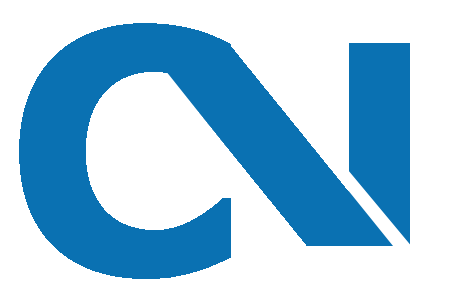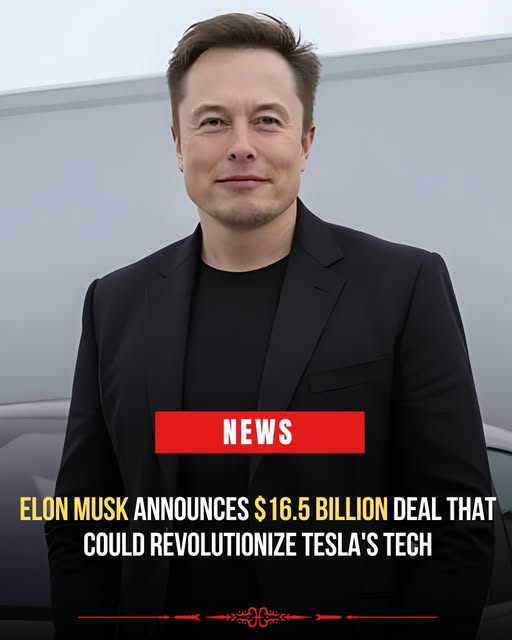A Record-Breaking Partnership in the Making
Tesla has made headlines again — but this time, not for a new car launch or a robot demonstration. The company has officially signed a $16.5 billion semiconductor deal with Samsung Electronics, marking one of the largest partnerships in the history of artificial intelligence hardware.
According to multiple reports from Reuters, TechCrunch, and Investopedia, the deal will see Samsung manufacture Tesla’s next-generation AI6 chips at its state-of-the-art facility in Taylor, Texas. These chips are expected to power Tesla’s upcoming Full Self-Driving (FSD) systems, autonomous robots, and next-gen computing infrastructure.
Elon Musk confirmed that the collaboration is more than just a supply contract — Tesla engineers will work closely with Samsung’s production teams to optimize performance and scalability.
“This deal goes beyond cars,” Musk reportedly said. “It’s about redefining the future of intelligence on wheels — and beyond.”
Why the Deal Matters
The partnership represents a critical step for Tesla’s ambitions in artificial intelligence and robotics. As the EV giant continues to evolve from a carmaker into a tech company, its need for high-performance computing has skyrocketed.
The AI6 chips will reportedly deliver faster neural-network processing, improved energy efficiency, and enhanced safety capabilities. Industry insiders believe this could help Tesla make major progress in achieving Level-5 autonomy — full self-driving with zero human intervention.
For Samsung, the deal strengthens its presence in the American semiconductor market. Producing chips for Tesla in Texas allows the company to reduce reliance on its Asian plants while benefiting from U.S. incentives for domestic manufacturing. Analysts see this move as a key milestone in bringing high-end chip fabrication back to the United States.
A Strategic Shift Amid Global Chip Competition
This agreement also comes at a time when global chip competition is at its peak. Tech giants like NVIDIA, AMD, and Intel are racing to dominate AI computing. By partnering with Samsung, Tesla is effectively securing a long-term, localized supply chain that minimizes risk from international disruptions.
The $16.5 billion figure, as confirmed by Samsung’s regulatory filings, could even grow larger depending on production volume. Some analysts speculate the total could exceed $20 billion by 2033 as Tesla expands its robotaxi and AI infrastructure projects.
Market reactions have been strong. Samsung’s shares rose nearly 7 %, while Tesla’s stock climbed over 4 % in early trading following the announcement. Investors see the partnership as a signal that Tesla is positioning itself for dominance in the next decade of AI-driven transportation.
Not Just Hype — But Also Challenges Ahead
Despite the excitement, industry experts caution that large-scale chip production is a long, complex process. The Taylor plant is still ramping up capacity, and mass production of Tesla’s AI6 chips may not begin until 2027 or later.
In addition, Tesla’s AI ambitions hinge on real-world performance. Producing powerful chips is one thing — integrating them seamlessly into vehicles and autonomous systems is another. Still, Musk’s track record of pushing boundaries suggests Tesla won’t stop until it fully controls both the hardware and software sides of AI.
Redefining the Future of AI Mobility
If successful, the Tesla-Samsung collaboration could redefine what it means to drive, move, and think in the age of artificial intelligence. By merging automotive engineering, semiconductor technology, and machine learning, the partnership has the potential to set a new standard for AI-powered mobility worldwide.
Elon Musk’s long-term vision is clear: to create cars and robots that learn, think, and react faster than humans. This new chip deal isn’t just a business move — it’s a declaration that Tesla intends to lead the next industrial revolution.
As production begins in Texas, one thing is certain: the future of AI is being built right now, and Tesla wants to be at the center of it.


